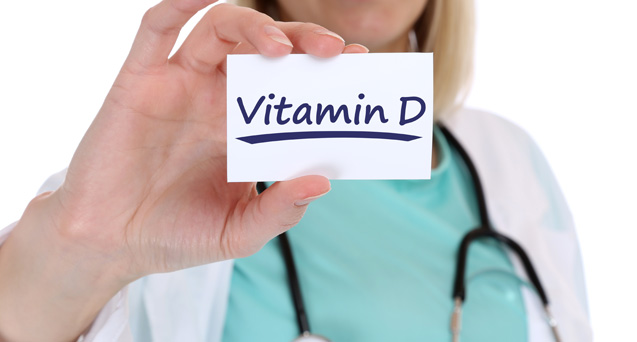Helpful Information About Vitamin D
Vitamin D is a fat soluble vitamin. It is commonly known to help maintain bone health by increasing Calcium and other mineral intestinal absorption, but there are some lesser known functions that are getting a lot of research interest. This includes maintaining a healthy immune function and preventing heart disease.
Not many foods contain Vitamin D. Exceptions include eggs and fish species. Cod liver oil and fortified milk are known sources of concentrated Vitamin D. Humans mostly get their Vitamin D through sun exposure which drives chemical reactions converting a cholesterol precursor into the vitamin. Modern day living has made obtaining Vitamin D through sun exposure hardly adequate. This is demonstrated with the finding of low Vitamin D levels in up to 42% of the general population. Bariatric surgery patients have even higher reported deficiencies of 50-60%!
The RDA for Vitamin D is 600 IU. This is definitely too low for bariatric surgery patients. Current recommendations range from 1,000 IU to 2,000 IU per day. It’s a good idea to find out how much vitamin D is in your vitamin and mineral supplement regimen. You might be surprised at how low it can be!
Aloha Surgery monitors Vitamin D levels before surgery, then at 3 month, 6 month, and yearly after surgery. If your Vitamin D levels are low, a general rule is to supplement with 5,000 IU per day until your levels return to a normal range.

